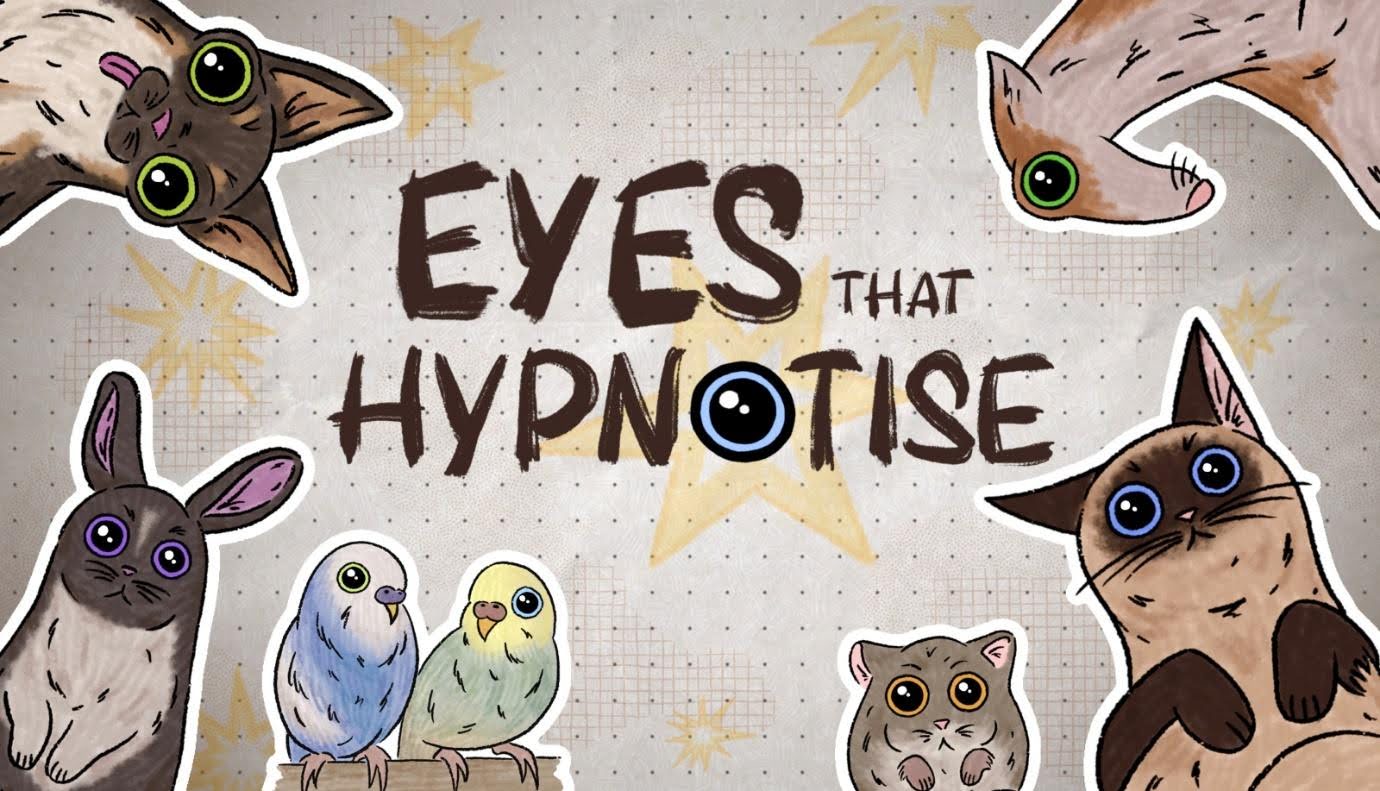

· By Daria
Before You Make Your First Game, Read This!
Hi there! I’m Daria, a developer and 2D artist from Possum Riot. We recently released our first small game, Eyes That Hypnotise, and along the way, I learned a lot about what it takes to make a game from start to finish. Here’s the most valuable advice I can share with new indie developers.
When my partner and I first started making games, we had a head full of big ideas. It’s so tempting to dive straight into creating your dream game—the one with the large open world, deep mechanics, and a story that will blow everyone’s mind. But here's the thing: if you’re new to game development and don’t have experienced teammates to guide you, starting with your dream game is like trying to run a marathon when you’ve just learned to walk. You’ll likely get overwhelmed and exhausted pretty quickly.
There’s so much to learn—not just about game design and coding but also everything that happens behind the scenes. Navigating platforms like Steam, handling marketing, testing, and managing all the small (but crucial) release details can quickly add up. The mental load can feel huge, and it’s easy to burn out when your to-do list seems never-ending.
That’s why my best advice is to start small. Pick a simple project with a scope you can realistically handle in 6-12 months. When we made Eyes That Hypnotise, a cozy puzzle game, keeping things small helped us learn the entire process without feeling buried under complexity. We knew it wouldn’t bring us fame and glory, but it gave us something far more valuable—knowledge and experience. The developers behind Dome Keeper, Bippinbits, did the same. They started with the puzzle Of Mice and Moggies, which gave them the experience needed to tackle a bigger, more ambitious project.
There’s another big reason to start small: until you’ve gone through the whole process—from idea to release—your game ideas are probably pretty vague. And vague ideas don’t make great games. There’s a big difference between an exciting concept and something that’s playable, fun, and polished. Completing a small project gives you the experience needed to transform a concept into a real game. It also makes learning from resources like books, courses, articles, and tutorials much more valuable. With real-world experience, you connect the dots faster, apply what you learn immediately, and refine your skills with every new project.
If you’re new to game development, like I was not too long ago, don’t stress about making the next big indie hit right away. Focus on learning the ropes. Start small, gain experience, and build a solid foundation. Your dream game will still be there, waiting for you—and when you’re ready, you’ll have the skills and sharper ideas to make it truly great.
Article written by Daria.
Socials: https://www.linkedin.com/in/airadavometra/
